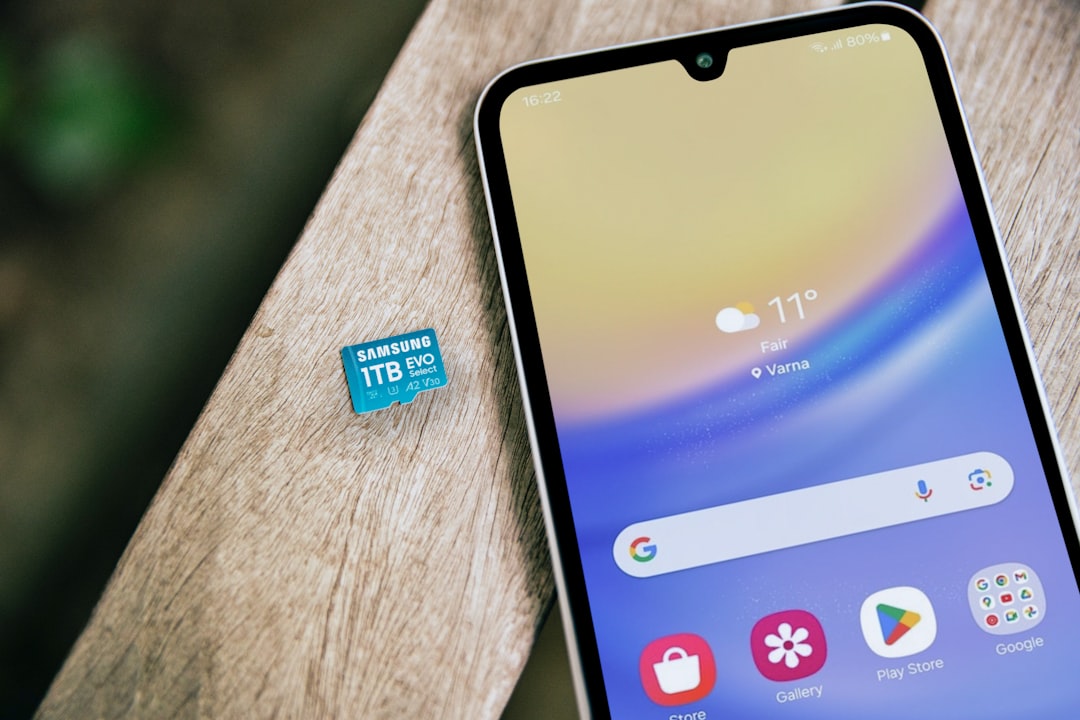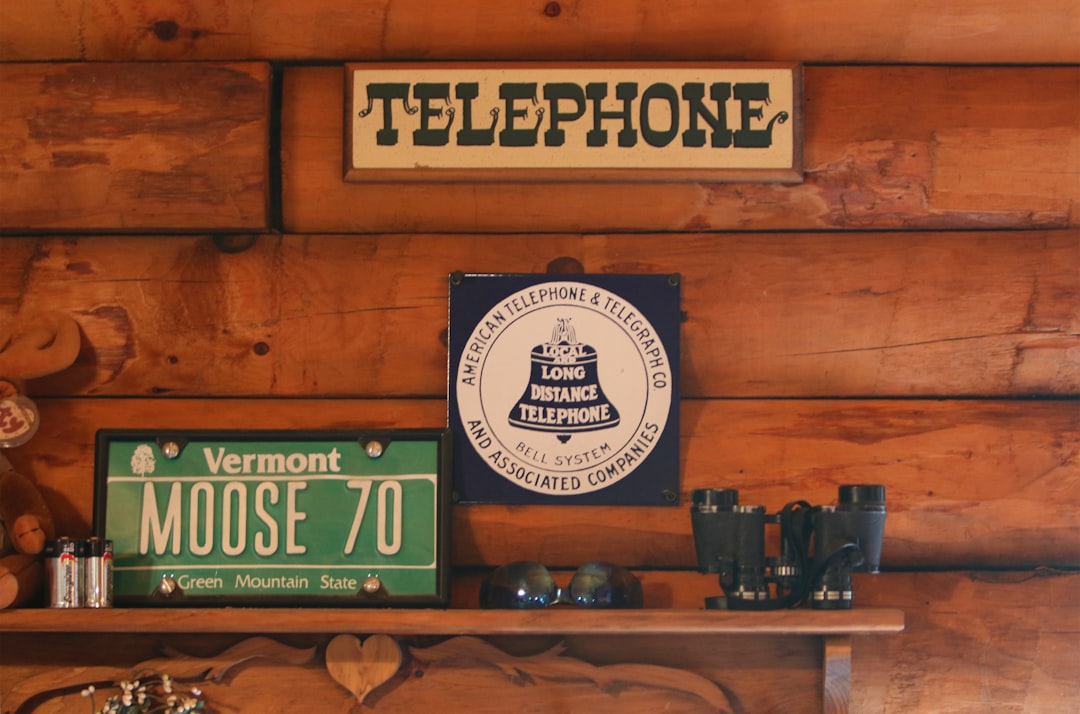In Aurora, Colorado, the use of autodialers for marketing or communication by educational institutions is strictly regulated by state and federal laws, notably the TCPA and COPPA. Schools must obtain explicit consent from parents, provide clear disclosures, offer easy opt-out mechanisms, and ensure robust data security to maintain compliance. Specialized autodialer law firms in Colorado guide education sectors through these regulations, fostering trust with students and families while leveraging autodialers' efficiency and benefits, as seen in successful case studies.
“In the dynamic landscape of education, Aurora’s schools are exploring innovative ways to engage parents and students. One such tool gaining traction is autodialing, offering efficient communication with vast audiences. However, navigating the legal complexities of student privacy laws is paramount. This article delves into the best practices for responsible autodialing in Colorado’s education sector, focusing on Aurora’s unique challenges. From understanding legal perspectives to implementing effective consent management strategies, we explore successful case studies, providing insights for schools seeking to optimize communication with autodialer law firms in Colorado.”
Understanding Autodialing in Education: A Legal Perspective in Colorado

In Colorado, including Aurora, the use of autodialers for marketing or communication purposes is regulated by state and federal laws, such as the Telephone Consumer Protection Act (TCPA). These regulations are designed to protect individuals from unsolicited phone calls, ensuring privacy and consumer rights. When employing autodialing technology in the education sector, schools and institutions must adhere to strict guidelines to remain compliant with these laws.
The TCPA prohibits automated or prerecorded calls placed to residential telephone numbers without prior express consent. This means that any educational entity utilizing an autodialer system must obtain explicit permission from individuals before dialing, including students, parents, and staff. Colorado’s regulations also mandate clear and concise disclosures, allowing recipients to opt-out of future calls, which is crucial for maintaining a compliant autodialing practice in the education sector.
Best Practices for Responsible and Compliant Autodialing in Aurora Schools

In Aurora, responsible and compliant autodialing practices are essential for education sector entities to maintain legal integrity and protect student data privacy. Schools and districts must adhere to strict regulations governing automated phone systems, particularly when contacting parents and guardians. One of the primary best practices is obtaining explicit consent from parents before initiating any autodialed calls, ensuring clear communication about the purpose and frequency of contact. This involves comprehensive opt-in processes and easy opt-out mechanisms to respect individual preferences.
Additionally, Aurora’s education institutions should implement robust data security measures to safeguard student and parent information. This includes encrypting phone numbers, anonymizing data storage, and employing secure autodialer software that complies with Colorado’s consumer protection laws. Regular training for staff involved in automated calling campaigns is crucial to ensure adherence to these regulations and foster a culture of responsible data handling.
The Role of Student Privacy Laws in Regulating Autodialing Techniques

In Aurora, Colorado, student privacy laws play a pivotal role in regulating the use of autodialing techniques by education sector entities. With strict regulations surrounding data protection and consent, schools, colleges, and universities must adhere to stringent guidelines when employing automated phone systems for marketing or communication purposes. The Children’s Online Privacy Protection Act (COPPA) and the General Data Protection Regulation (GDPR), among others, dictate how personal information, including student data, can be collected, stored, and used.
These laws mandate that any use of autodialers to contact students must obtain explicit consent from parents or legal guardians. Furthermore, institutions must ensure transparency in their communication practices, providing clear notices about the automated calls and text messages they initiate. Violations of these student privacy laws can result in significant penalties for law firms and educational institutions alike, emphasizing the need for careful consideration and compliance when implementing autodialing strategies in Colorado.
Effective Strategies for Opt-In Consent Management in Educational Campaigns

In the education sector, ensuring compliance with regulations regarding autodialing and opt-in consent is paramount to building trust with potential students and families. Effective strategies for managing opt-in consent in educational campaigns involve clear communication about why contact is being made and how often. This can be achieved by providing a simple and straightforward opt-out mechanism, such as an automated “stop” command or a one-click unsubscribe link in emails. It’s crucial to offer multiple channels for opting out, including phone, email, and text messages, catering to different preferences.
Additionally, keeping detailed records of consent choices is essential. This allows educational institutions to track which prospects have granted permission for autodialing and enables them to respect individual preferences. Regularly updating and verifying consent status ensures compliance with regulations like those governing law firms in Colorado that use autodialers, fostering a transparent and respectful relationship with the audience.
Case Studies: Successful Implementation of Autodialers in Colorado's Education Sector

In recent years, the education sector in Aurora, Colorado, has embraced the power of autodialing as a strategic communication tool. Several case studies highlight successful implementations where autodialers have transformed how schools and educational institutions connect with parents, students, and staff. These systems have proven effective in sending out important announcements, reminders, and updates, ensuring key messages reach audiences promptly and accurately.
One notable example involves a school district in suburban Denver that adopted an autodialer solution specifically designed for the education sector. The system enabled them to automate calls to parents regarding school events, late arrivals, and urgent notifications. As a result, they witnessed improved attendance rates and enhanced parental engagement, setting a benchmark for other institutions in Colorado’s education landscape. These successful implementations showcase how autodialers can enhance operational efficiency while fostering stronger communities within the educational environment, with law firms specializing in communication technology offering tailored solutions to navigate the legal aspects of such initiatives.






